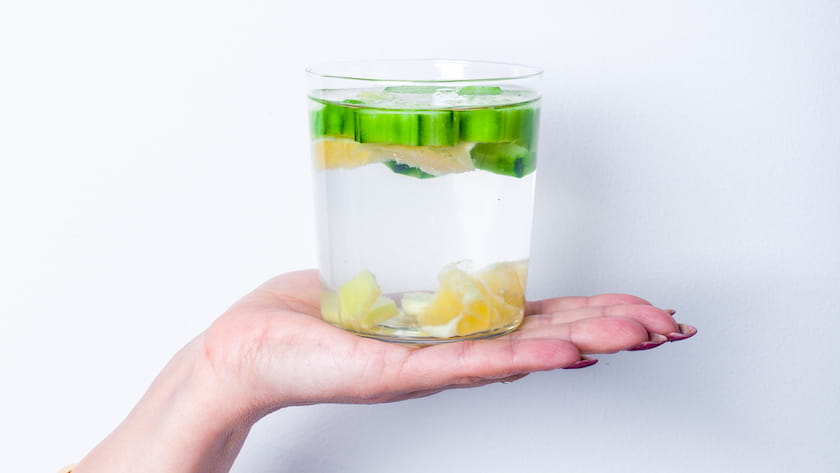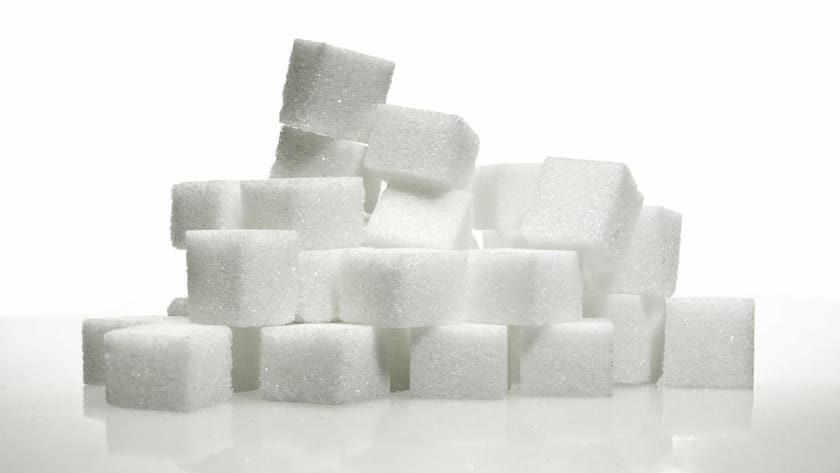When you scroll through your social media feed, odds are you will come across an article preaching “detox” diets or “cleanses.” No matter which label you prefer, you’ll have a hard time giving either a precise definition. Moreover, people have no clue what cleanses are meant to do beyond eliminating “toxins” from the body.
Sadly, the health and fitness realm is loaded with ambiguity, especially in the cleanse niche. Some fad detox protocols claim to target specific organs, while others supposedly purify the entire body. Not surprisingly, these diets restrict your food choices to nothing but select vegetables and fruits. Better yet, they claim you need their proprietary food products to succeed.
For example, the “Master Cleanse” prescribes drinking six to twelve glasses of lemonade mixed with maple syrup and cayenne pepper each day. This alchemical concoction is supposed to remove toxins from the body; the creator has even gone so far as to say it can remedy every type of disease.
Ultimately, detox diets and cleanses may differ in subtle ways, but no specific protocol is worth detailing, as eventually, they all fall out of favor for the next fad in the queue. Cleanses ultimately insist that exposure to synthetic chemicals leaves the body in a toxic state. As you will see throughout this article, that is rather bogus and shortsighted.
What is Toxin?
 It’s amazing how tough it is to find a clear definition of the term “toxin”. According to the U.S. National Library of Medicine, “Toxins are substances created by plants and animals that are poisonous to humans. Toxins also include some medicines that are helpful in small doses, but poisonous in large amounts.”
It’s amazing how tough it is to find a clear definition of the term “toxin”. According to the U.S. National Library of Medicine, “Toxins are substances created by plants and animals that are poisonous to humans. Toxins also include some medicines that are helpful in small doses, but poisonous in large amounts.”
Furthermore, the term toxicant refers to a man-made poison found in the environment (usually coming from pollution). However, most cleanse and detox diets consider a toxin to be any substance that is believed to be noxious. These typically include heavy metals (like lead), preservatives, food additives and dyes, artificial sweeteners, xenobiotics, and other synthetic chemicals. Note that toxins and toxicants cover a spectrum of substances, and unnatural chemicals are not inherently harmful.
Sure, inhaling pesticides or ingesting pollutants is not likely to better your health, but in small amounts, they won’t harm it either.
The Dose Makes the Difference
As the adage goes, “The difference between medicine and poison is in the dose.” People need to understand that all chemicals/substances are safe in one amount and dangerous in another. For example, cyanide is very lethal in rather small doses; yet, it is also an organic substance found in the seeds of various fruits that can be consumed safely in minute amounts.
Don’t believe that concept? The median lethal dose (LD50) of cyanide is 3-8mg/kg in humans, meaning someone who weighs 200lbs could theoretically consume upwards of 100 to 200mg and be just fine (aside from possible side effects). Also, consider that even 100mg of cyanide is an extremely high intake and you would have to eat exorbitant amounts of fruit seeds to reach that dose.
On the contrary, substances that we just assume are healthful in any quantity, such as water, can be lethal in high enough quantities. Yes, you can literally hydrate yourself to death if you want to; excessive water intake can lead to deadly electrolyte imbalances, causing the brain to lose its normal function. The amount of water you have to drink to reach such a critical level is nearly unfathomable, but it can still happen (and it has).
It’s important to consume electrolytes when also consuming a lot of water.
What these examples tell us is that a substance in and of itself isn’t always necessarily toxic or harmful. It’s simply too general to label certain things as toxins without having a context to consider. Thus, let’s look past the propaganda and see what science has to say about cleansing the body.
A Scientific Approach to Cleanses
To date, there is quite literally no data backing “detox” diets and cleanses. According to a recent review, studies on cleanses are underwhelming (to say the least), as they suffer from, “…small sample sizes, sampling bias, lack of control groups, reliance on self-report and qualitative rather than quantitative measurements.”
Sadly, detox diets and cleanses remain popular because of big-name personalities who endorse them; they claim that detoxing is how they keep in such great shape, which is beyond bogus. These statements are merely masking the truth. A wholesome diet and healthy exercise regimen far surpass the benefits you will ever see from cleanses.
Does the Body Even Need Cleansing?
The harsh truth is that even if a substance really is toxic, a short-term cleanse isn’t the remedy. Acute toxicity, such as lead poisoning, would constitute a medical emergency, and you would be very ill. Contrarily, chronic toxicity is best remedied by proper diet, not a few days of green monster vegetable smoothies.
Moreover, we have vital organs (such as the liver, kidneys, and bladder) that work 24/7 to remove waste products of metabolism. If you eat a healthy diet, these organs will have the necessary nutrients to keep your body free from toxins.
Still not convinced that’s how things work? A 2005 publication found that not a single company endorsing detoxes or cleanses could supply any form of evidence for their efficacy. Even worse, those companies couldn’t identify a single toxin targeted by their products; nor could they agree on a definition of the word “detox.”
How could a researcher or scientist ever formulate a dietary product if they have no clue what substance they’re targeting? This is a clear sign that these companies are pushing nothing but conjecture.
Take-Home Message
The main message to take home is that you’re better off saving your money for things that matter, like a healthy diet, and not a detox fad. There is literally no evidence in support of detox diets and cleanses. The associated products with these fad programs are so useless that it’s baffling how they caught on at all.




Leave a comment
All comments are moderated before being published.
This site is protected by hCaptcha and the hCaptcha Privacy Policy and Terms of Service apply.